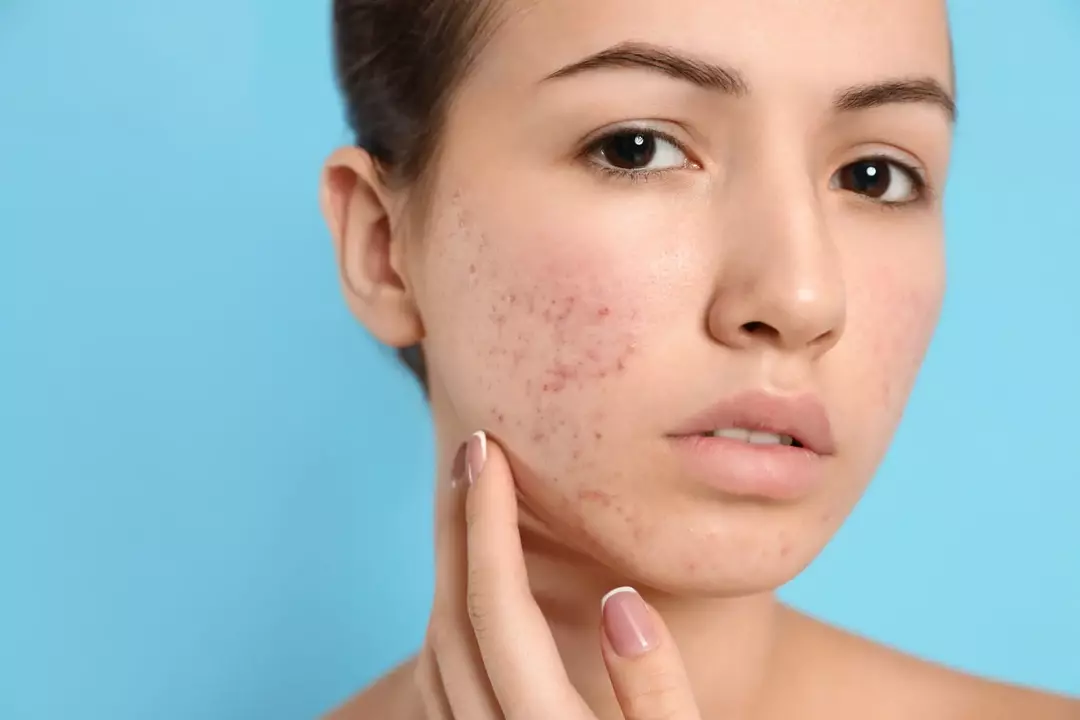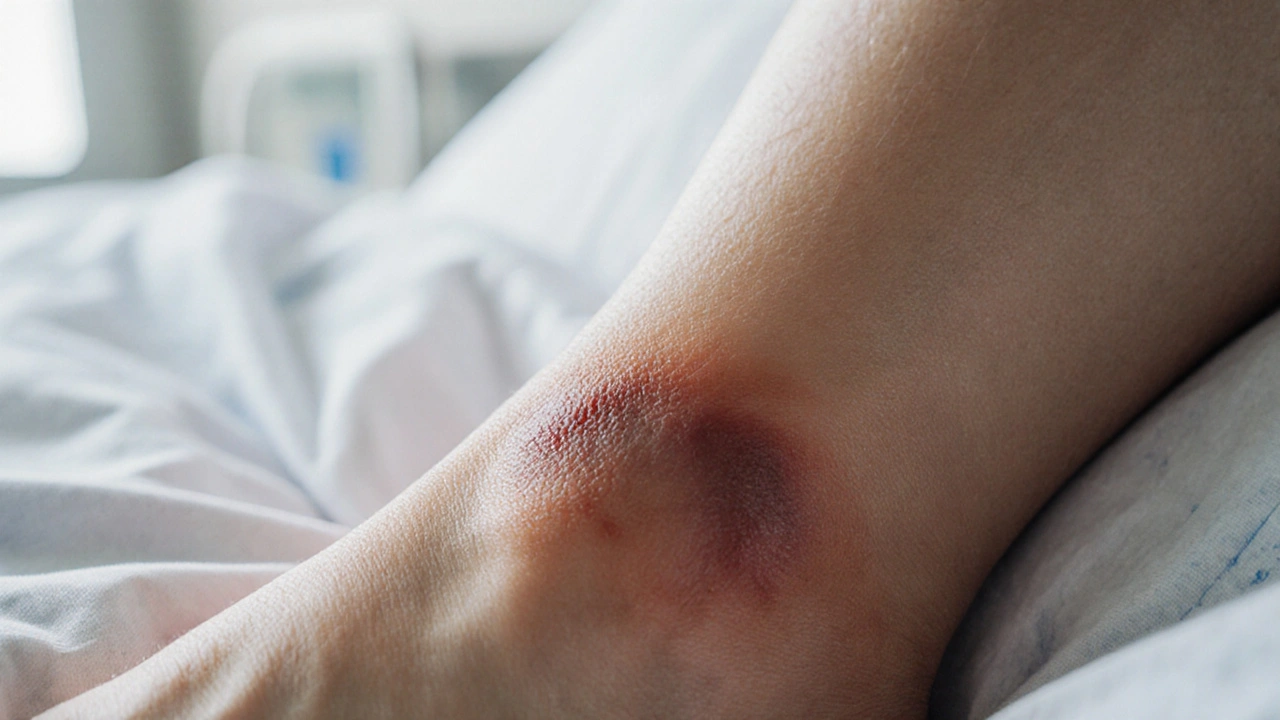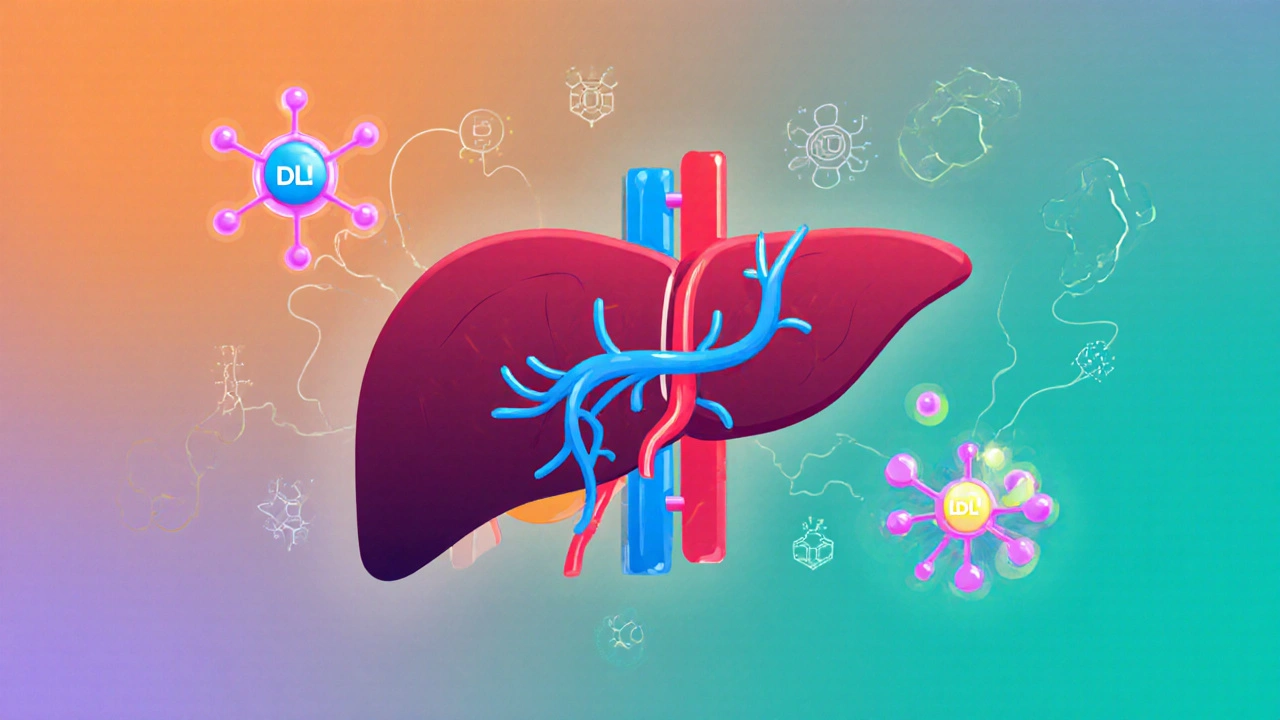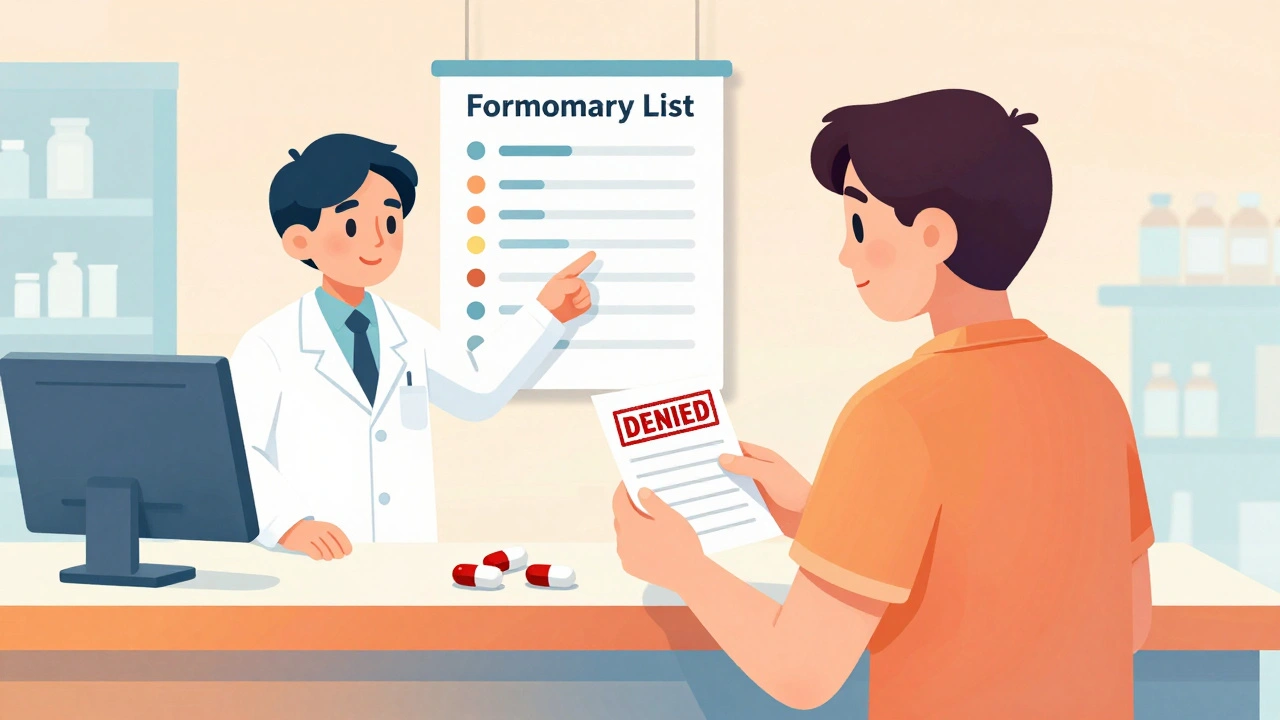
Understanding Isotretinoin and Its Uses
As a parent, you may have heard about isotretinoin, a powerful and effective medication used to treat severe acne in teenagers. In this section, we will discuss what isotretinoin is, how it works, and why it is considered a last resort for treating acne. Isotretinoin, also known as Accutane, is a form of vitamin A that helps to reduce the amount of oil produced by the skin's oil glands.
It is typically prescribed for severe acne cases that have not responded to other treatments, such as antibiotics or over-the-counter medications. The reason for this is that isotretinoin can have some potentially serious side effects and is strictly regulated. However, when used correctly and under the supervision of a dermatologist, isotretinoin can provide life-changing results for teens struggling with severe acne.
Potential Side Effects and Risks
Before starting isotretinoin treatment, it is essential for parents and teens to be aware of the potential side effects and risks associated with the medication. Some of the most common side effects include dry skin, chapped lips, and nosebleeds due to the medication's drying effects. These side effects can usually be managed with over-the-counter creams and moisturizers, but it is important to keep an open line of communication with your teen's dermatologist to address any concerns.
More serious side effects can include depression, mood changes, and suicidal thoughts. Although these side effects are rare, it is crucial for parents to monitor their teen's mental health closely while they are taking isotretinoin. If you notice any changes in your teen's mood or behavior, contact their dermatologist immediately. Additionally, there is a significant risk of severe birth defects if isotretinoin is taken during pregnancy, so female patients must use strict birth control measures while on the medication and for several months after treatment is completed.
The Isotretinoin Treatment Process
Starting isotretinoin treatment can be a lengthy process due to the strict regulations surrounding the medication. Teens must first undergo an extensive evaluation by a dermatologist to determine if they are a suitable candidate for the medication. This evaluation will include a thorough medical history, blood tests, and a discussion about the potential side effects and risks associated with the medication.
Once your teen has been approved for isotretinoin treatment, they will be enrolled in a risk management program called iPledge. This program is designed to ensure that female patients are not pregnant while taking the medication and to prevent pregnancies during treatment. Both male and female patients will be required to have regular blood tests and follow-up appointments with their dermatologist to monitor their progress and address any concerns.
Monitoring Your Teen's Progress
As a parent, it is essential to be involved in your teen's isotretinoin treatment and to monitor their progress closely. This includes attending follow-up appointments with their dermatologist, ensuring they are taking the medication as prescribed, and watching for any changes in their mood or behavior. Additionally, it is crucial to provide support and encouragement to your teen as they navigate the challenges of severe acne and the side effects of isotretinoin treatment.
Keep an open line of communication with your teen and their dermatologist, and do not hesitate to ask questions or address any concerns that arise during the treatment process. Remember, isotretinoin can be a life-changing medication for many teens, but it is important to be vigilant and proactive to ensure the best possible outcome.
Managing Expectations and Emotional Support
It is important for both parents and teens to have realistic expectations about the results of isotretinoin treatment. While the medication can provide dramatic improvements in severe acne, it may take several months for the full effects to be seen. In some cases, acne may initially worsen before it begins to improve. Encourage your teen to be patient and to stay committed to the treatment process, even if they do not see immediate results.
Additionally, providing emotional support to your teen during this time is crucial. Dealing with severe acne can be emotionally challenging, and the side effects of isotretinoin treatment can sometimes exacerbate these feelings. Be understanding and empathetic to your teen's struggles, and remind them that you are there to support them every step of the way.
Life After Isotretinoin Treatment
Once your teen has completed their course of isotretinoin treatment, they should continue to see their dermatologist for regular follow-up appointments. In many cases, the results of isotretinoin treatment are long-lasting, and teens may experience significantly clearer skin for years to come.
However, some teens may require additional treatments, such as topical medications or other oral medications, to maintain their results. It is essential to continue working closely with your teen's dermatologist to determine the best course of action for maintaining their acne-free skin. With the right care and support, isotretinoin can provide a new lease on life for teens struggling with severe acne, allowing them to enjoy increased self-confidence and improved quality of life.





j jon
May 21, 2023 AT 23:40Jules Tompkins
May 22, 2023 AT 15:36Sabrina Bergas
May 22, 2023 AT 21:13Melvin Thoede
May 23, 2023 AT 06:07Suzanne Lucas
May 23, 2023 AT 09:18Ash Damle
May 23, 2023 AT 16:16Kevin Ouellette
May 24, 2023 AT 14:18Tanya Willey
May 24, 2023 AT 16:09